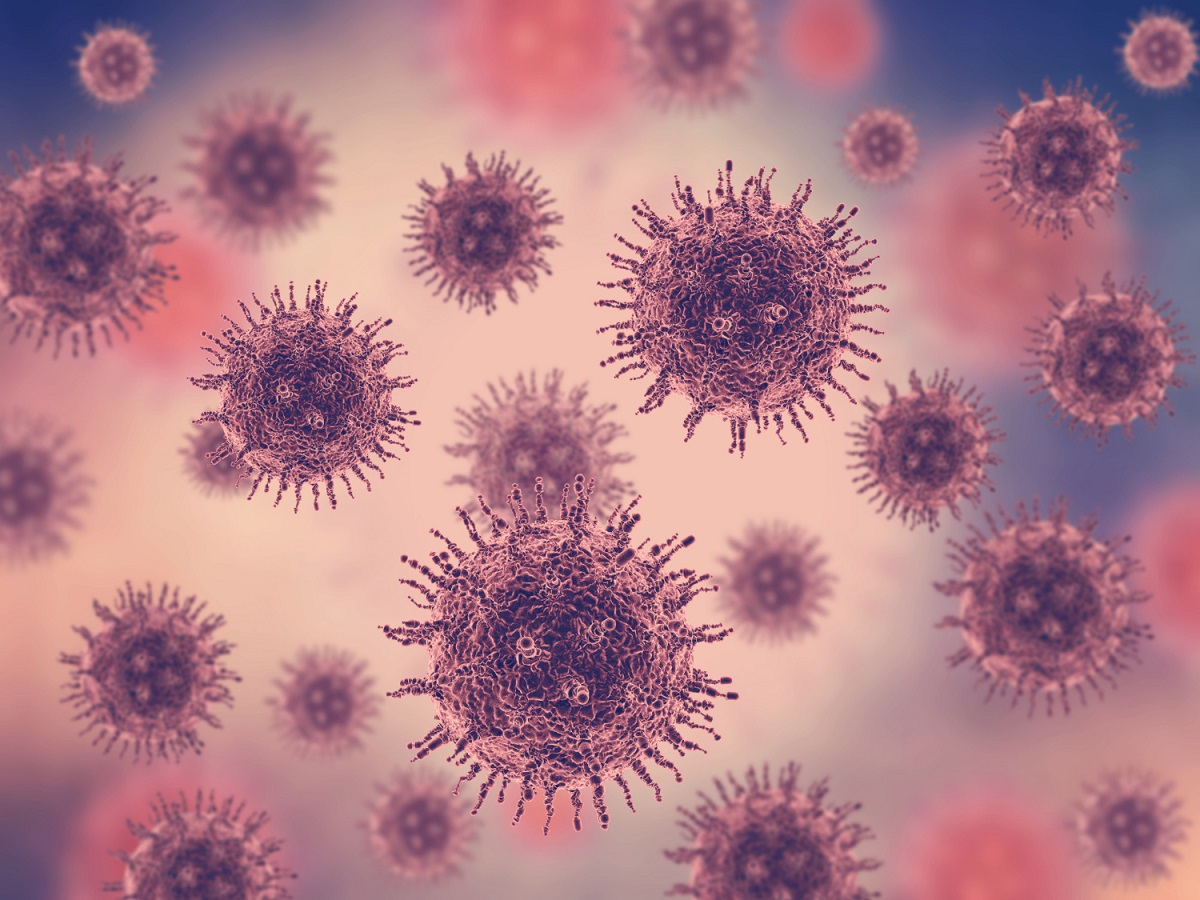KEY TAKEAWAYS
- The ASC4START phase 3 trial aimed to assess asciminib vs. nilotinib tolerability in newly diagnosed Ph+ CML-CP adults.
- The primary endpoint was to determine the TTDAE.
- Patients are being treated along with multiple ongoing screenings. An anticipated 2–4.5 years for study completion.
Asciminib, the pioneering BCR-ABL1 inhibitor designed to selectively target the ABL Myristoyl Pocket (STAMP), has received approval for patients (pts) diagnosed with Philadelphia chromosome-positive (Ph+) chronic myelogenous leukemia in chronic phase (CML-CP) who have undergone prior treatment with at least two tyrosine kinase inhibitors (TKIs). Asciminib’s distinctive targeting approach preserves efficacy while minimizing off-target effects, potentially enhancing tolerability and lowering the likelihood of resistance development in comparison to second-generation (2G) TKIs.
Herein, Stephen Strickland and his research group assess the comparative tolerability of asciminib and nilotinib (2GTKI) in adults recently diagnosed with Ph+ CML-CP, evaluating key metrics such as time to study treatment discontinuation due to adverse events (TTDAE), safety, efficacy, and quality of life (QoL) outcomes.
About 541 participants aged 18 years and older were diagnosed with CML-CP within three months of study entry, possessing an ECOG performance status of ≤1. Exclusions were applied to those with prior CML therapy involving non-hydroxyurea and non-anagrelide anticancer agents. The study employed a 1:1 randomization, assigning pts to receive 80mg of asciminib once daily or 300 mg of nilotinib twice daily, both administered orally in a fasting state. The stratification was based on the ELTS score at the time of diagnosis.
The study’s primary endpoint was to assess TTDAE. Secondary endpoints included the type, frequency, and severity of AEs, as well as dose modifications necessitated by AEs along with alterations in laboratory values beyond predetermined ranges, clinically notable ECG changes, major molecular response (MMR), MR4, MR4.5, complete hematological response, BCR-ABL1IS ≤1% at or by scheduled time points, duration of and time to the first MMR, MR4, and MR4.5.
The study also evaluated time to treatment failure, event-free survival (EFS) progression-free survival (PFS), overall survival (OS), time to discontinuation due to lack of efficacy, treatment failure, disease progression, suboptimal response, or death. Furthermore, the analysis included changes from baseline in overall scores and individual scales of the European Organisation for Research and Treatment of Cancer QoL Questionnaires QLQ-C30 and QLQ-CML24.
The recruitment has progressed with 94 pts randomized and currently undergoing treatment and additional 10 individuals are undergoing screening. Treatment will persist until roughly 64 discontinuations, attributed to AEs in either study arm. The anticipated treatment duration spans 2 to 4.5 years.
This study is sponsored by Novartis Pharmaceuticals.
Source: https://clml-soho2023.elsevierdigitaledition.com/348/index.html#zoom=true
Clinical Trial: https://clinicaltrials.gov/study/NCT05456191
Strickland S, Andorsky D, Brümmendorf T, et al. “ASC4START: A Phase 3b, Open‑Label, Randomized Study of Asciminib vs Nilotinib in Patients With Newly Diagnosed Ph+ Chronic Myelogenous Leukemia in Chronic Phase (CML‑CP).” Presented at SOHO 2023. (Abstract: CML-590).



